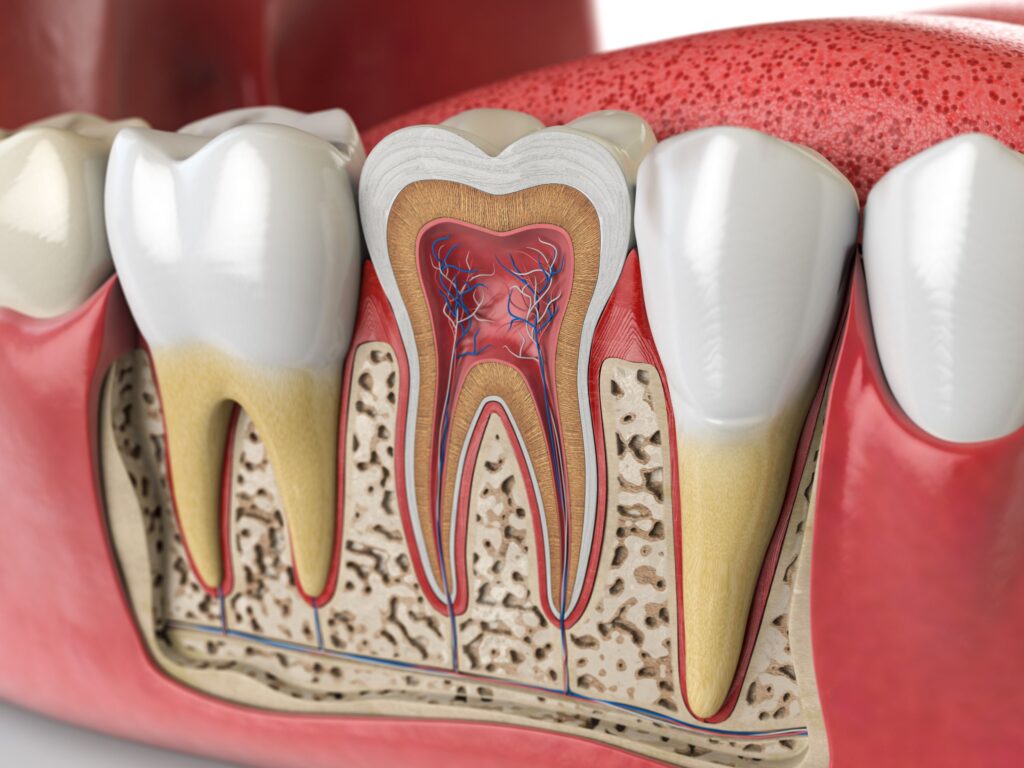Toothache Trouble: Do I Need a Root Canal if It Stops Hurting?
October 15, 2024

Many people dread dental visits, especially if they have a more invasive procedure like a root canal on the books. This treatment is used to repair and preserve teeth that are overly decayed, diseased, or damaged and is often the best way to address toothaches. If you were suffering from severe or persistent throbbing and contacted the dentist, there’s a good chance they discussed this option with you.
However, you might wonder if you need a root canal if your troublesome tooth suddenly stops hurting. Continue reading to learn why this sometimes happens and why keeping your appointment on the calendar is best!
Why Did My Toothache Suddenly Go Away?
If you scheduled a dental appointment because of a toothache only for it to fade after a few days, you might think the problem resolved itself. However, that’s not usually the case. Dental issues rarely improve without intervention and tend to get worse over time.
Although there are many potential causes behind a sore tooth, infection is one of the main culprits. If bacteria penetrate your gum tissue or erode your enamel, they can access the tender pulp inside your roots. The throbbing you’re experiencing is likely a result of inflammation and irritation in this sensitive bundle of nerves.
Though it’s tempting to believe that everything’s healthy if the discomfort suddenly desists, it might simply mean that the pulp in your tooth has been so damaged that the nerve is dead.
Do I Still Need a Root Canal if There’s No Pain?
Unfortunately, infected teeth can be contagious. If one tooth develops cavities or disease, it can be shared with its neighbors or even your gums and jawbone. That means that even if your aches have faded, it’s important to see your dentist so they can determine the extent of the harm done.
Then, depending on the underlying cause, they’ll recommend an appropriate solution. If it’s from disease or decay, your dentist must remove the damaged materials to preserve your dental health, whether or not your tooth still gives you a hard time.
To do so, they numb the area or provide sedatives so that you can stay calm and relaxed. Then, they create a small opening to clear out and sanitize the pulp. They’ll seal it back up and then fit you with a dental crown to protect the treated tooth moving forward.
Once the procedure is complete, you’ll be able to enjoy a healthy, pain-free smile!
About the Author
Dr. Stephen Wardlaw has 26+ years of experience helping people of all ages improve their lives by enhancing their dental health. He earned his dental degree from the Baylor College of Dentistry and is committed to continuing education to stay on top of recent advancements in technology and techniques. Today, he’s a valued member of the American Dental Association among several other prestigious professional organizations, so you know your grin is in good hands. He offers a full array of services, including root canals, conveniently under one roof. If you have a toothache and need help, you can request an appointment on the website or call (817) 572-5115.
No Comments
No comments yet.
RSS feed for comments on this post.
Sorry, the comment form is closed at this time.

